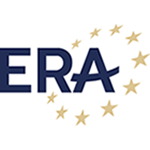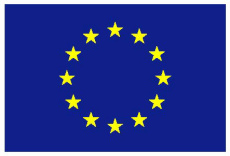Applying the European Investigation Order
The project
By 22 May 2017, EU Member States (except Ireland and Denmark) must had implemented the European Investigation Order (EIO) in criminal matters as set out under Directive 2014/41/EU.
The EIO constitutes a comprehensive system to replace all the existing instruments in this area. Once applicable, the EIO will cover all types of evidence, containing time-limits for enforcement and limiting grounds for refusal. By means of a standardised form, competent authorities in the Member States can issue an EIO to request the competent authority in another EU Member State bound by the Directive to conduct investigative measures such as the temporary transfer of persons held in custody, hearing by videoconference or other audiovisual transmission, obtaining information on bank and other financial accounts, investigative measures implying the gathering of evidence in real time, continuously and over a certain period of time, covert investigations, interception of telecommunications, and other provisional measures
Hence, this project is using the momentum to offer practical training on how the EIO is issued and executed by the competent authorities in the EU Member States as well as a platform to exchange experience and best practice.
The concept
The project will consist of four seminars conducted throughout the EU in the years 2018-2019. Each seminar will present 3-4 selected EU Member States and their practice regarding the execution of EIOs. The training will last 1 ½ days.
As most of the seminar time will be dedicated to workshops, the seminars will take place in one language (English) to support this interactive approach.
Programme
In order to fully dedicate the time foreseen for the face-to-face training to practical workshops looking at the issuing and executing of an EIO, the European and EU legal framework regarding the gathering and obtaining of cross-border evidence that will still apply to those EU Member States not bound by the Directive and third States will be explained by means of blended learning, i.e., participants will need to prepare before the face-to-face training via a preparatory online video lecture.
In order to guarantee the practical use of the training events, each seminar will focus on the procedures and experience with the execution of EIOs. Hence, each seminar will focus on 3-4 selected Member States and their practice regarding the execution of EIOs.
Networking opportunities
A unique feature of the training events will be that judges, prosecutors, defence lawyers as well as law enforcement officials will be brought together in the same training.
These personal contacts with colleagues form other professions working with the application of the new Directive will foster mutual understanding and hence strengthen the judicial systems.




